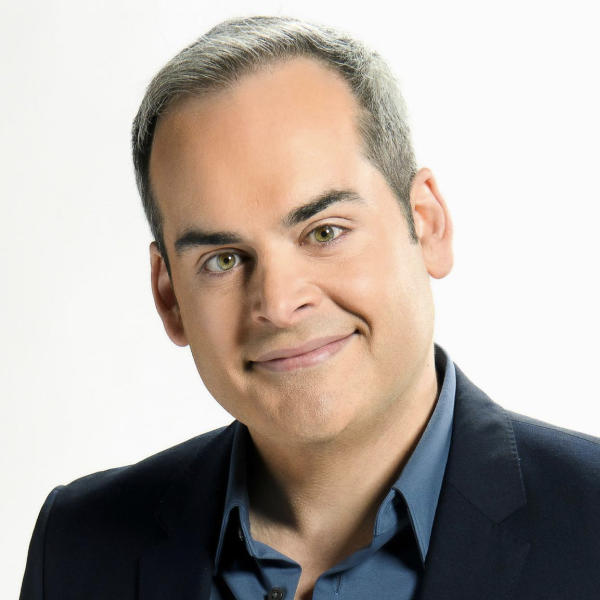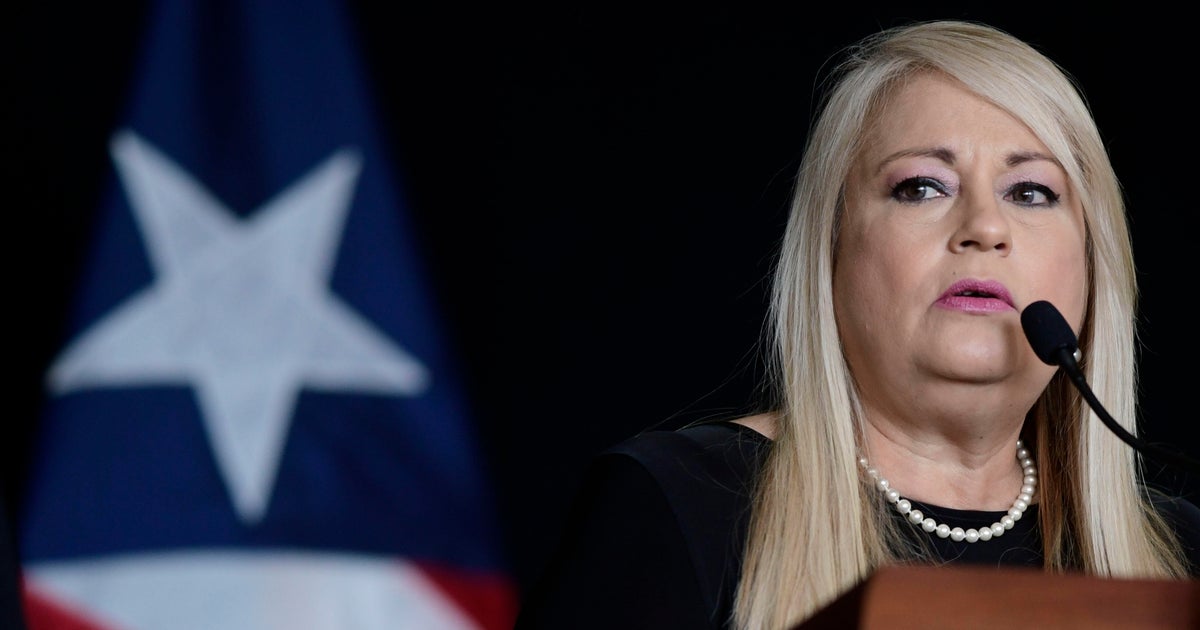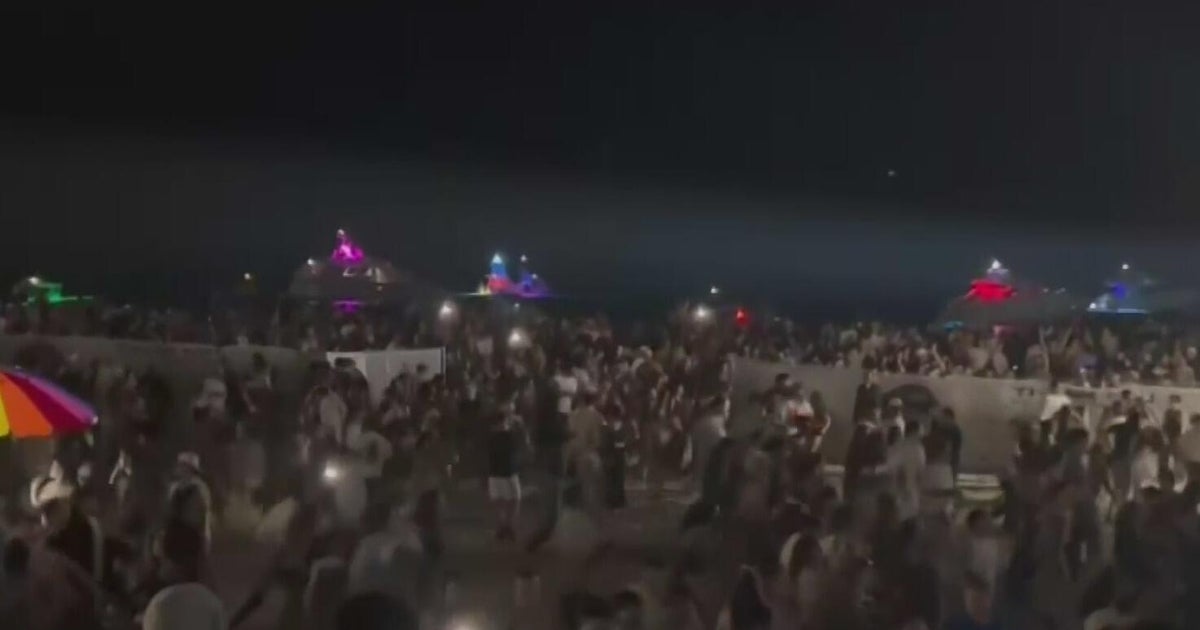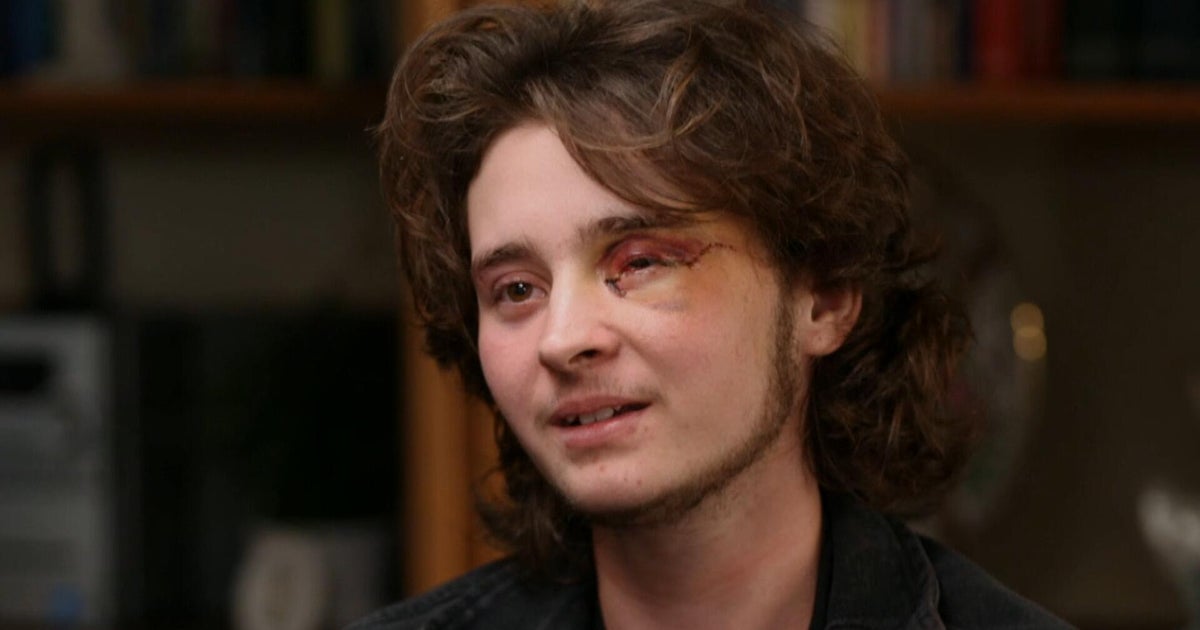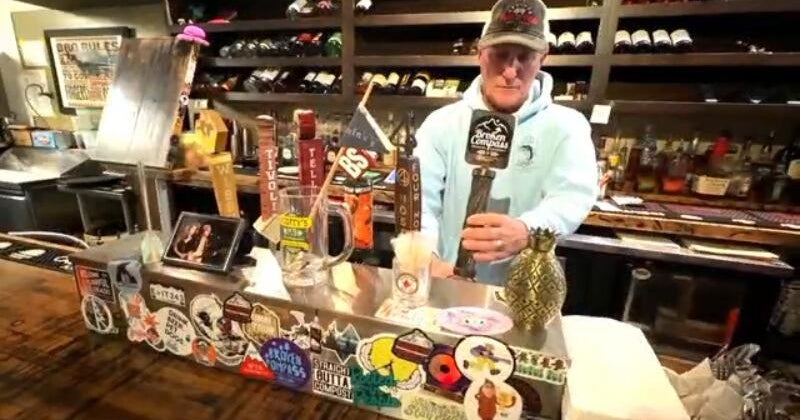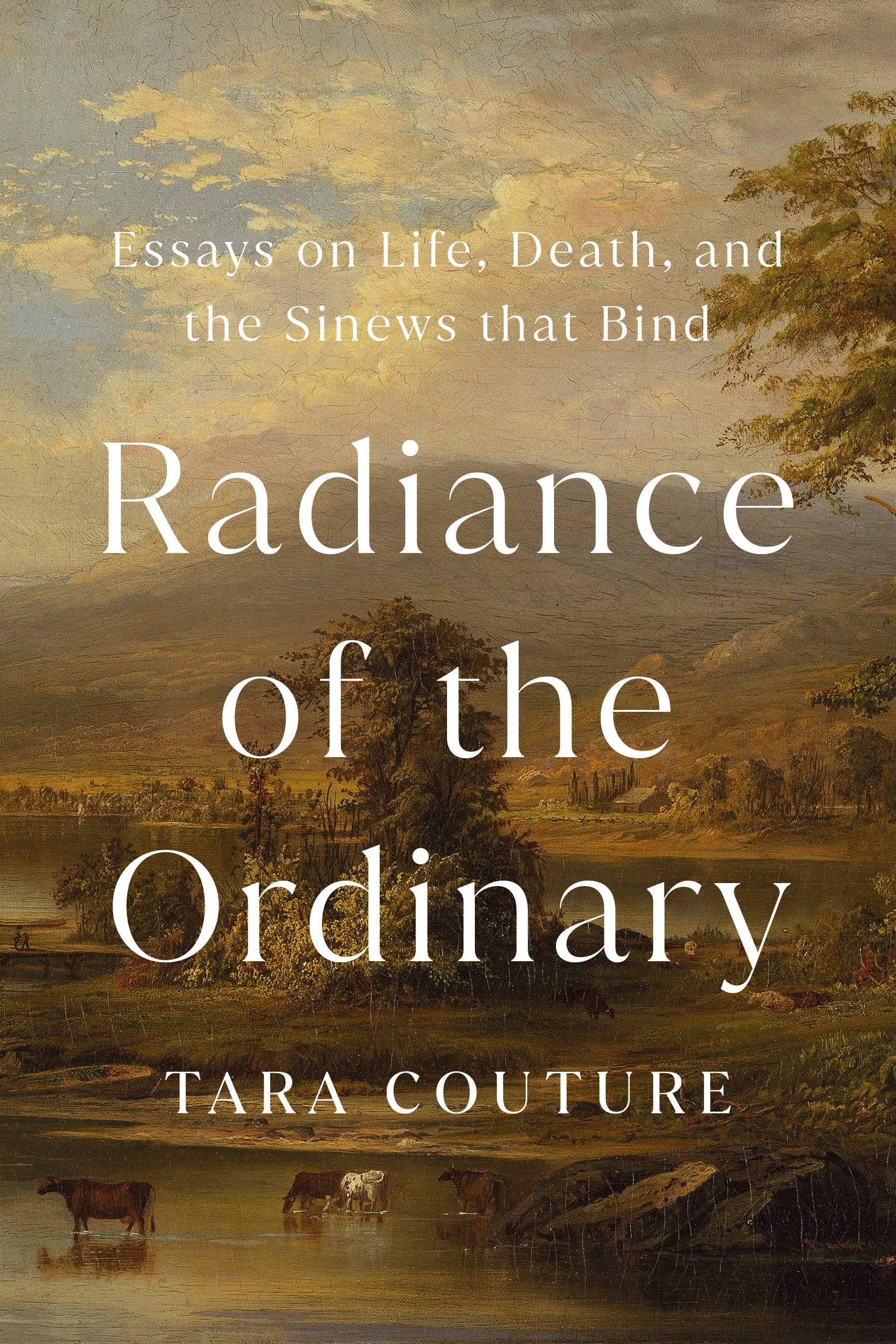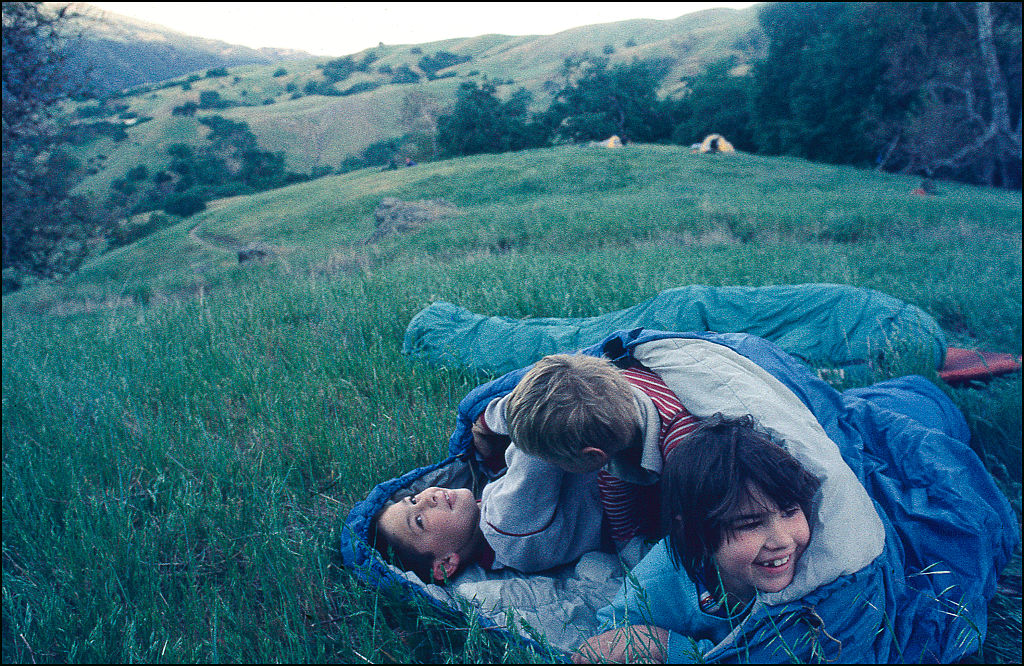Rising from the ruins: Puerto Ricans reflect on progress, show "the path of what's possible" 5 years after Hurricane Maria
Vega Baja, Puerto Rico — Hurricane Fiona brought catastrophic flooding and sweeping power outages to Puerto Rico this week — five years after Hurricane Maria battered the island.
But even as they face new challenges, many Puerto Ricans show resilience and strength as they continue to recover.
Carlos Rodriguez is one of them. He and his team at the non-profit "The Happy Givers" are redefining the concept of farm to table, helping those in need.
"We say it's expensive to be poor in Puerto Rico. And so part of our dignity is, number one, it's good food. Good fresh, delicious, healthy for them," Rodriguez said.
Raised in the southern city of Ponce, Puerto Rico, Rodriguez and his family left their lives in North Carolina after Hurricane Maria hit the island in 2017 and returned to Puerto Rico, where they bought a sod farm in Vega Baja.
His non-profit employs mostly retirement-age Puerto Ricans who grow, harvest, prepare and then deliver meals to hundreds of the neediest people there each week. Among them is Victoria Ortiz, a stroke survivor who lives alone in Vega Alta and struggles to make ends meet.
"You know, for one month and a half, no water. Now water. And sometimes, no lights," she said.
Rodriguez said it's those he helps who are the heroes.
"They survived Irma, Maria, earthquakes, pandemics. Yeah, they're still smiling. They're still giving. They're the true happy givers," Rodriguez said.
Puerto Rican political anthropologist Yarimar Bonilla says Rodriguez is part of a growing trend of people who are rising from the ruins of Hurricane Maria.
"You could tell a story of nothing has changed. The power is still out. We're still struggling with a lot of things. But the fact is that we're such a different place, you know," she said.
"In the aftermath of Hurricane Maria, we became emboldened and strengthened and said, 'No, enough of this. We want a different Puerto Rico,'" Bonilla said.
The challenges Puerto Ricans face are highlighted in music by Puerto Rican rapper and superstar Bad Bunny.
"You can see his soundtrack, how it chronicles the changes in Puerto Rico," said Bonilla. "'Estamos Bien' is all about the hurricane. 'Afilando Los Cuchillos' was literally the soundtrack of the resistance movement here. But it's a, it's a different kind of assertion of nationalism. So, with all the problems, this is where we want to be."
"His most recent song 'El Apagon,' which means blackout, starts being all about the problems with the electric grid and, oh, another blackout and how we experience all that. And then it transforms into this plea that he says, we just want to stay here. All I want is to be able to live here," added Bonilla.
Bonilla descends from a long line of strong women. She consider her mother and her 95-year-old grandmother among the activists who are still making a different in Puerto Rico's future.
"We want to change our country, our land, the society that we live in," she said. "And just help us do that, but let us do it. Let us define what we want Puerto Rico to be in the future."
Pedro Pierluisi, who was elected governor of Puerto Rico last year, said the island is in the midst of unprecedented reconstruction. He said it's his priority to rebuild the critical infrastructure damaged five years ago.
FEMA has disbursed over $5 billion on emergency assistance projects, he said, adding, "This is basic repairs and individual assistance, actually economic assistance to people who suffered, you know, damages because of the hurricane."
But government funding doesn't always translate to communities, said independent journalist, Bianca Graulau, who returned to live in her native Puerto Rico in the wake of Hurricane Maria, to cover the untold stories. Her reporting was just featured in a recent documentary released by Bad Bunny.
"You have communities growing their own food, collecting rainwater, providing electricity through solar panels because they don't trust that the government can get it to them, and because they've lived through instances where they've been lacking those services," she said.
Graulau cites Casa Pueblo as one shining example of innovation with little federal funding. For example, solar panels have been installed on the roofs of 13 businesses whose owners agree to provide critical services like medicine, refrigeration, and cell phone charging to residents during major power outages.
"So that the barber now has reliable electricity, so that the bakery now has reliable electricity, and that we have an oasis, so that when we have an outage in a home, so that people who don't have the solar panels can come here, connect their devices, so that they're not stranded," Graulau said.
Puerto Ricans will tell you it is communities coming together that is helping them survive.
"I believe that the future of Puerto Rico lies in its community organizing, because when it's the people themselves that are doing it you see a lot of successes, and even if the general picture might look a little dim, these communities are showing the path of what's possible," said Graulau.
